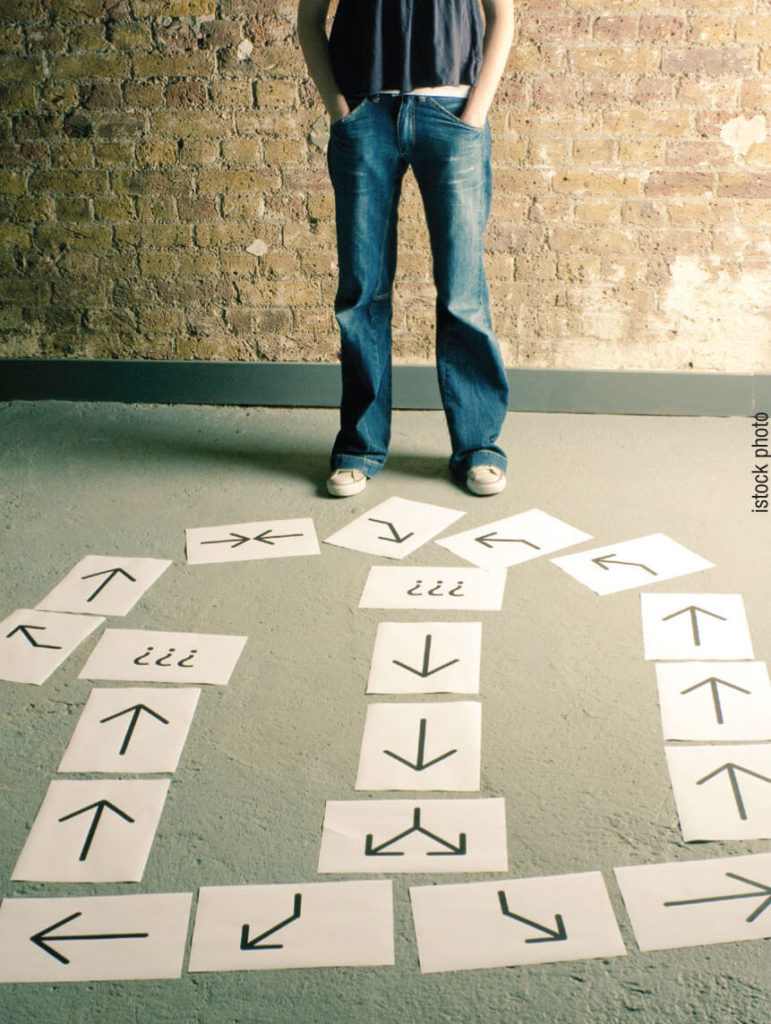
Jason’s story describes circumstances that lead to his accident. First, watching “a senseless horror flick” makes his girlfriend half an hour late for her curfew. Second, the lateness leads Jason to choose to speed on the way to her house. Third, fiddling with the radio causes Jason not to see a black Mazda truck in the intersection until Jenny screams. Jason doesn’t foresee the consequences of speeding and fiddling with the radio.
Consequences are the effects that our actions cause. The wise person anticipates consequences and considers them in making choices. But wisdom comes from experience, often from making painful mistakes and experiencing consequences. Sometimes we take a risk and the worst doesn’t happen, so a risk seems worth it.
As we experience consequences, we learn to anticipate what can happen because of our actions. We become wiser just as chess players learn more moves and countermoves as they play the game. To win, chess players must set up strategies that lure opponents into actions with consequences they don’t see coming. Read and discuss the situation below. The consequences really happened.
A friend plans to have a party when her parents go to visit her grandparents over a weekend. She gets really angry when her parents insist she go along. “You don’t trust me,” she tells them. They insist.
Your friend doesn’t want to disappoint the people she has already invited to the party, so she gives you the keys to her family’s home and tells you to have the party anyway.
You open the house for the party your friend can’t have. You are flattered to be the one she chose. You know how clueless parents can be about what is really important.
Word gets out. The friends you know bring friends you don’t know. Two kids bring beer. Someone gets into the family’s liquor. Kids start drinking. Only then do you think what if kids break something or steal something or trash the house. You hope for the best. After all, these are your friends.
What you don’t realize is that the neighbors know the family is away. When cars begin to park along the streets and lights appear in the house, they call the police who arrive with the party in full swing. The officers move everybody out.
Everyone knows you are the one who opened the house and has the key. For doing what your friend asked, you get arrested and charged with breaking and entering.
Your parents have to come to the police station to get you. You face court appearances and a possible felony charge. Should you have foreseen these consequences in doing what a friend asked? Should you be charged with breaking and entering? What should each girl’s parents do?
The Word of God is a light for our path. We must assimilate it in faith and prayer and put it into practice. This is how moral conscience is formed.
Catechism of the Catholic Church #1802
